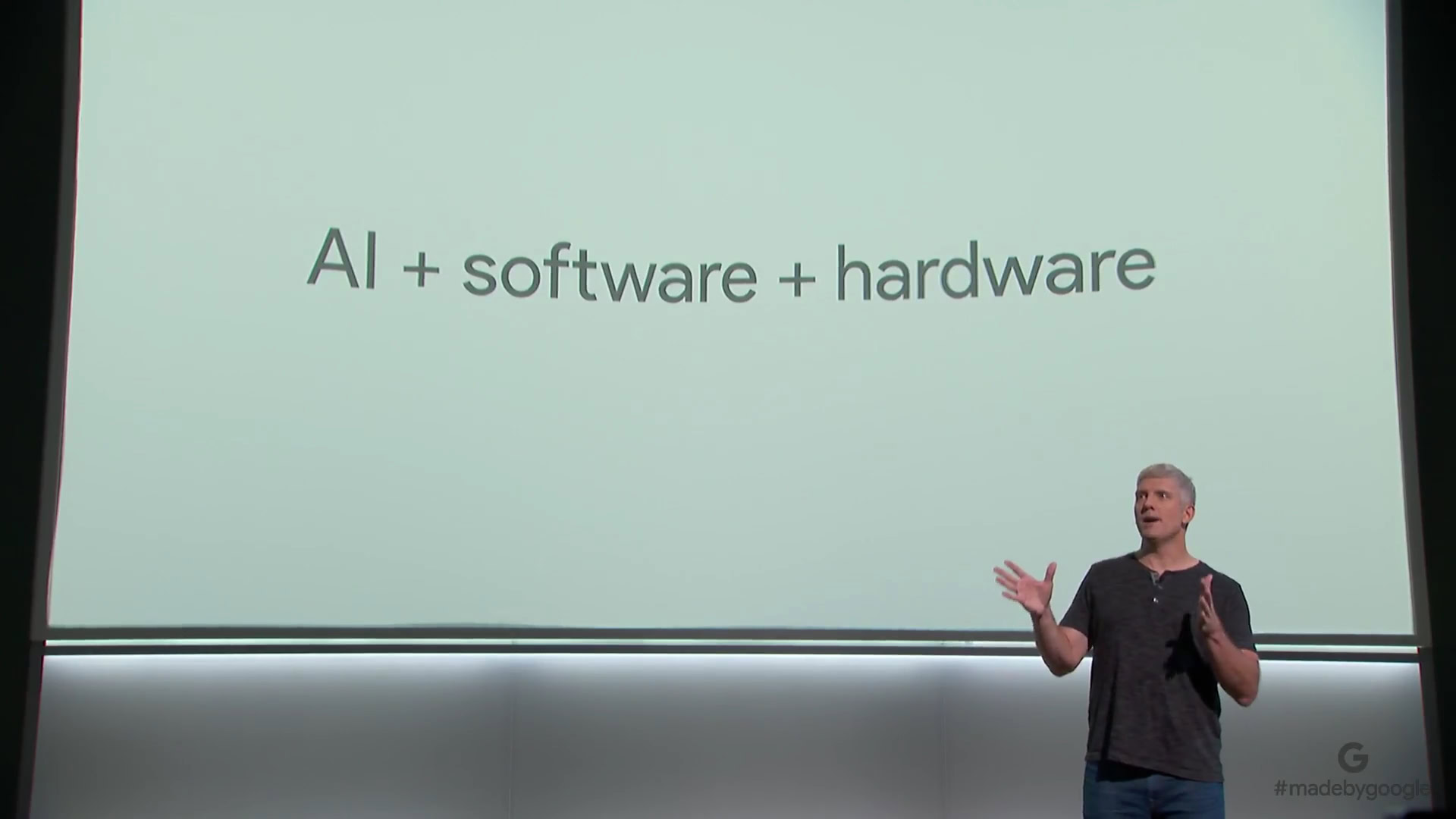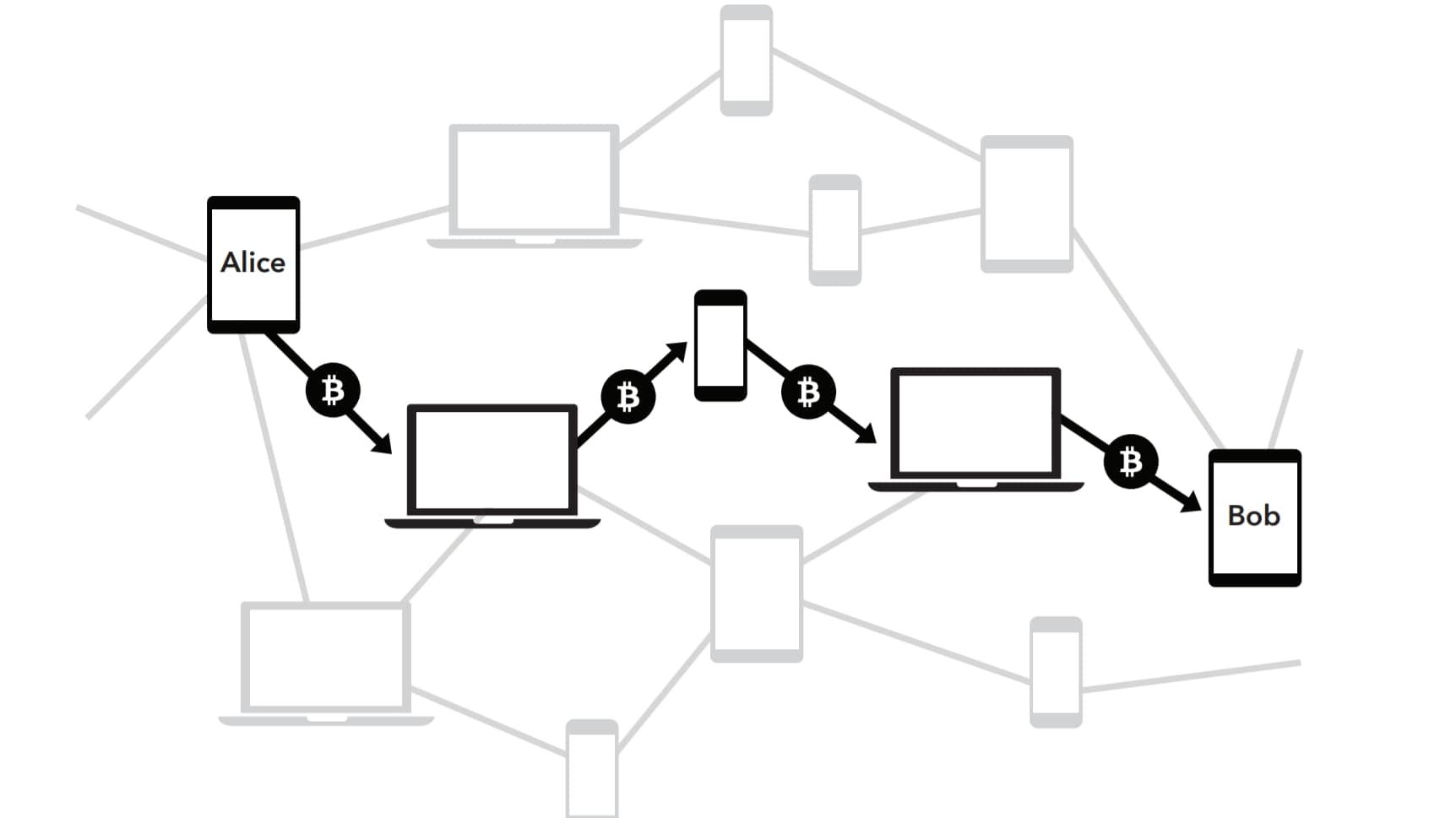Affiliate links on Android Authority may earn us a commission. Learn more.
Thousands of Google employees ask company to drop military AI project
Published onApril 5, 2018

- More than 3,100 Google employees have signed a letter asking the company to cancel its work on a Pentagon AI initiative.
- Project Maven is a U.S. Department of Defense project that aims to use AI to analyze drone footage.
- The letter suggests that, if Google keeps working on the initiative, it will struggle to maintain the public’s trust.
More than 3,100 Google employees have signed a letter asking the company to cancel its work on Project Maven. According to The New York Times, of the 3,100 people who signed the letter, dozens are senior engineers at the company.
Project Maven is a US Department of Defense (DoD) initiative that aims to use artificial intelligence to analyze drone footage for vehicles and other objects. Technologies developed through the project have reportedly already been used in the fight against ISIS.
In the letter, the Google employees say that the company “should not be in the business of war.” While they acknowledge that the technology is not being built to launch weapons or operate drones, they suggest that “once it’s delivered it could easily be used to assist in these tasks.”
The Google employees appear to be concerned that, by entering into contracts with the DoD, the company may struggle to keep the trust of the public and “will irreparably damage Google’s brand.” Trust has been a huge issue in the tech community over the last few weeks with Facebook’s use of its customers’ data dominating the headlines, so it is easy to see why letters’ signees would be worried.

Tech companies like Google, Microsoft, and Amazon are at the forefront of AI innovation and Google spoke of its aim to be an “AI first” company at Google I/O last year. It has long been using algorithms and machine learning, specifically in image detection, to power everything from the Pixel 2’s impressive camera, to the technology behind Google Lens that has recently started rolling out to millions of Android devices.
It is, therefore, little surprise that the DoD would want to use Google’s expertise to help out with the development of its own AI technology — especially considering that the military is thought to lag behind the tech industry when it comes to AI.

Also, military contracts can be very lucrative, so it isn’t exactly a one-sided deal. While The New York Times article states that the initial year of the contract is expected to cost less than $70 million, future projects could earn the company far more.
However, for a company whose famous slogan is “Don’t be evil,” and, more importantly, has billions of customers from all corners of the earth, it is easy to see why some employees at the company would feel uneasy about Google’s decision to enter into a contract with a military organisation.
The letter ends with a call for Google to recognize its moral and ethical responsibility by coming up with a policy that states “neither Google nor its contractors will ever build warfare technology.”